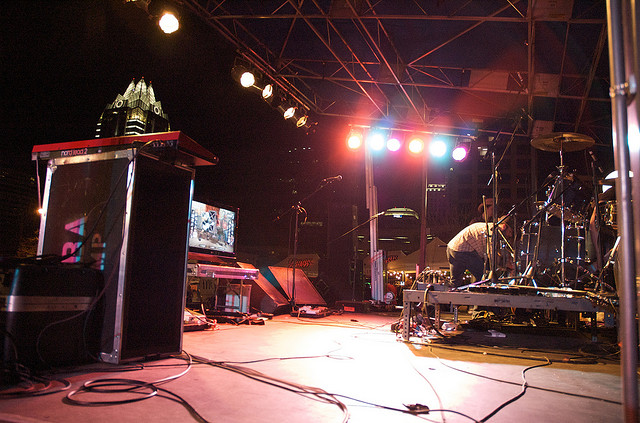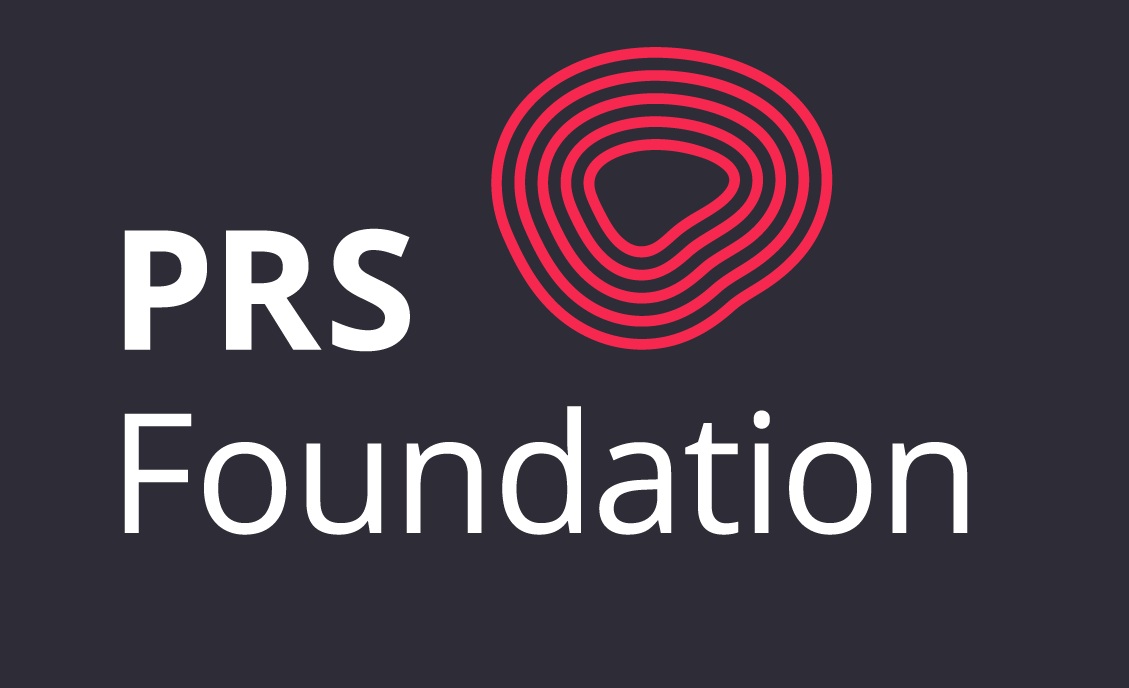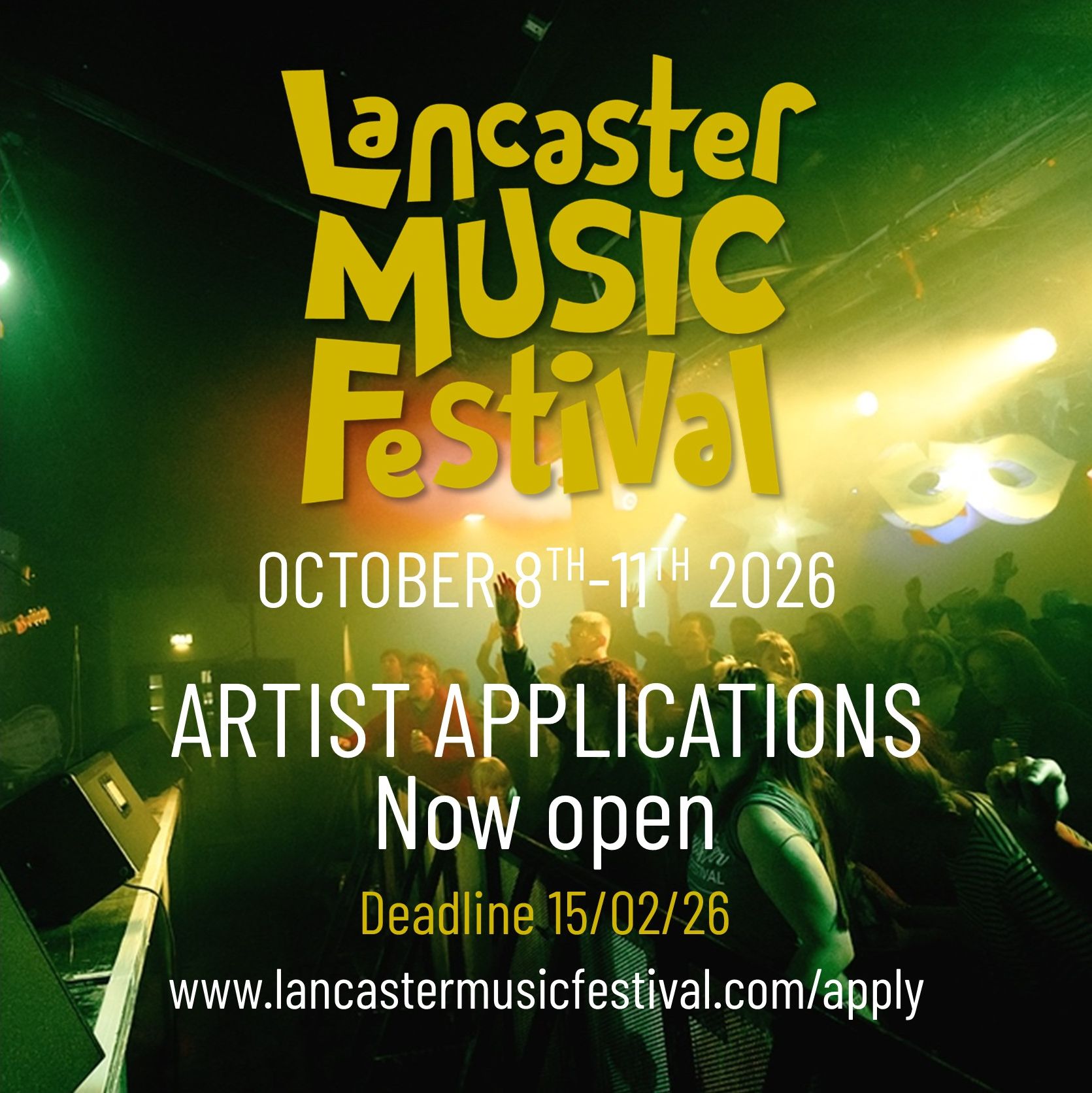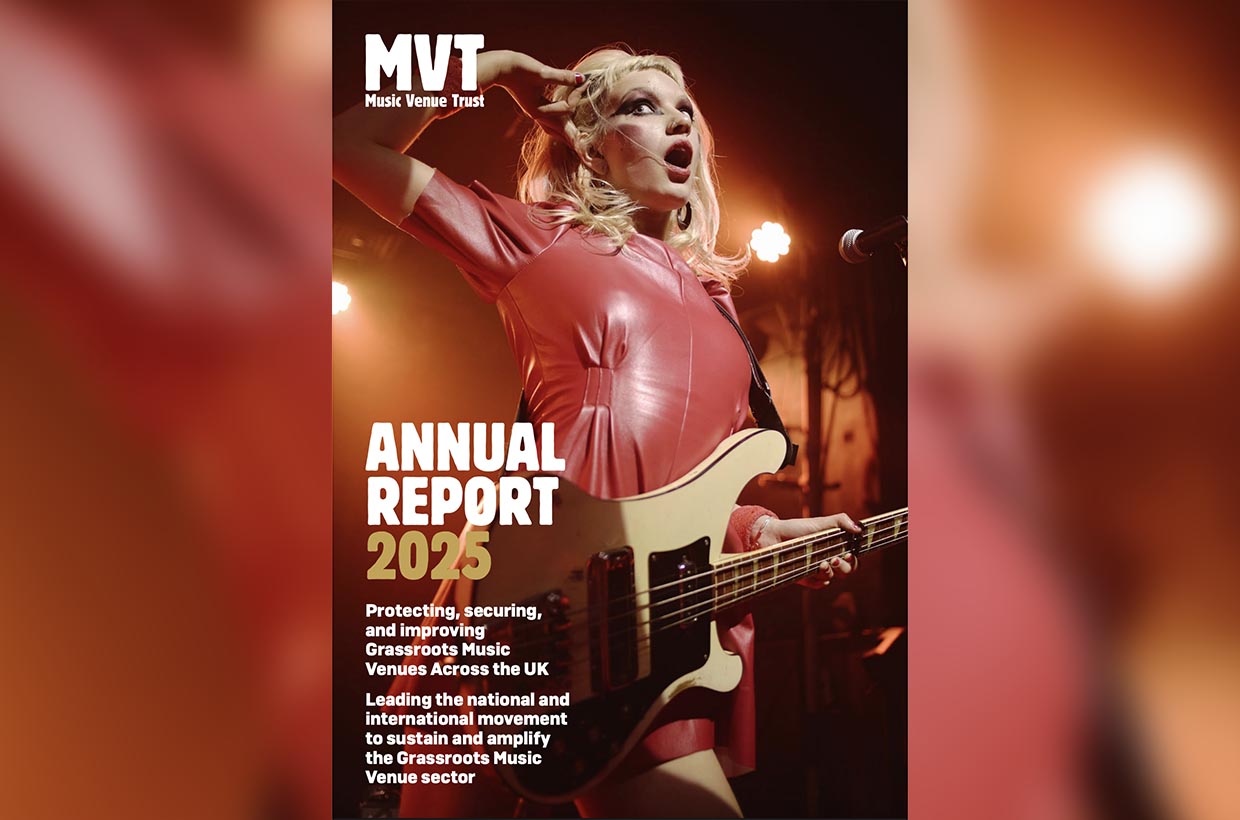Booking agents explained by the Musicians' Union
Blog by Musicians' Union under Live

In the music industry, an agent is generally someone who secures live work (gigs, support slots and festival appearances etc.) for musicians. Although agencies are commonly referred to as agents, they may operate in one of two ways – as an employment agency or an employment business. In each case, you need to know what to keep an eye out for so that you can protect your rights and potentially secure the best live opportunities for your act.
If your agent operates as an employment agency
If your agent is acting an employment agency, the agent will arrange gig contracts between the hirer - usually the venue owner or promoter - and the musicians, and charge a commission on the gig fee under a separate agency contract with the musician or the hirer.
The agent cannot be agent for both the musician and the hirer and should make it clear to you who he/she is actually the agent for.
If acting as an employment agent, the agent’s terms must include:
• Details of the services to be provided.
• Whether the agent is entitled to sign contracts on your behalf.
• Whether the agent is entitled to receive money on your behalf.
• Details of the fee payable and how it is calculated – this may be a guaranteed amount,
a minimum fee, or a deal based wholly or partially on ticket sales/box office revenue.
• Whether a deposit is payable.
• Whether refunds are payable and, if so, how and when this would take place.
• Whether the fee is to be deducted from earnings and, if so, how and when.
• Whether you are required to give or entitled to receive notice to terminate
the agreement and, if so, how much.
If your agent acts as an employment business
An agent acting as an employment business will ‘buy’ the musicians for a fee under one contract, and then ‘sell’ them on to a hirer for a higher fee under another separate contract. The difference between the buying and selling price will be the agent’s profit.
If acting as an employment business, the agent’s terms must include:
• Whether you will be employed or self-employed and the terms and conditions that will
apply.
• An undertaking to pay you, whether or not the hirer pays them.
• The length of notice of termination you must give and are entitled to receive.
• The performance fee, which may be a guaranteed amount, a minimum fee or a deal
based wholly or partially on ticket sales/box office revenue.
• When remuneration will be paid.
• Any entitlement to holidays or holiday pay.
What to think about
Is your agency contract exclusive? It’s quite common to have more than one agent. However, some agents will demand to be your sole representative for live work, at home and abroad.
Does your contract require you to pay Agency Commission for repeat/follow-up bookings? It is worth checking the small print of a contract to see whether the agent will demand commission on your future gigs at the same venue or at other venues booked through the same promoter, even if these are arranged directly between you and the hirer or by some other agent.
Musicians’ Union members can get contracts checked by our Contract Advisory Service – a specialist solicitor will take a look to see if it’s a fair deal or not. If it’s not, we can advise you on how to make it fairer and support you with advice on how to negotiate the deal.
Anyone can set themselves up as an agent, so it’s important you know what to look out for and choose wisely.
If you’re looking for an agent and want to know more, or have questions about any other aspect of your career, get in touch via theMU.org.
ALSO READ:
Meet the music booking agents
Pay to play or play for pay?
Tags
Booking agents explained by the Musicians' Union






